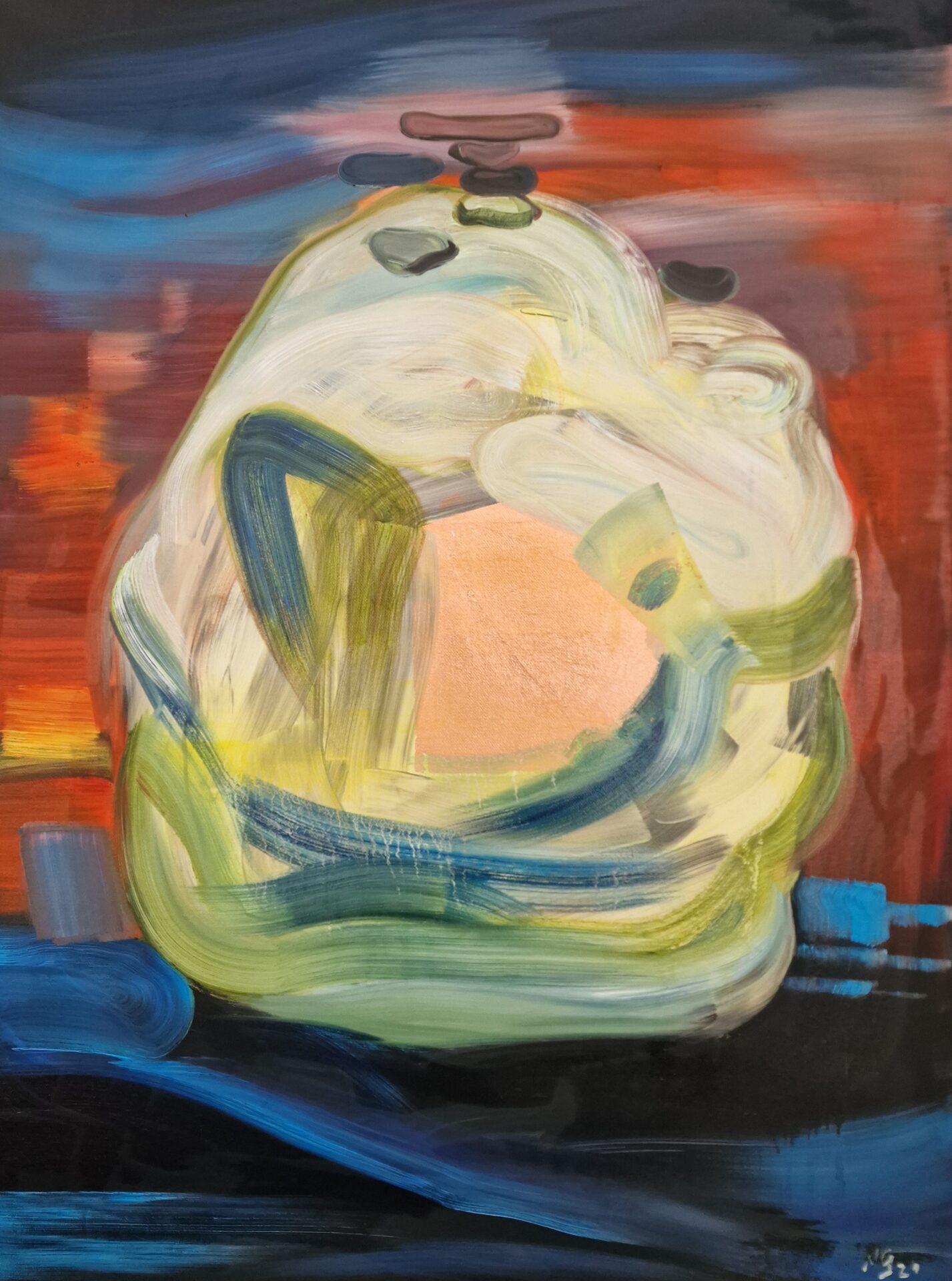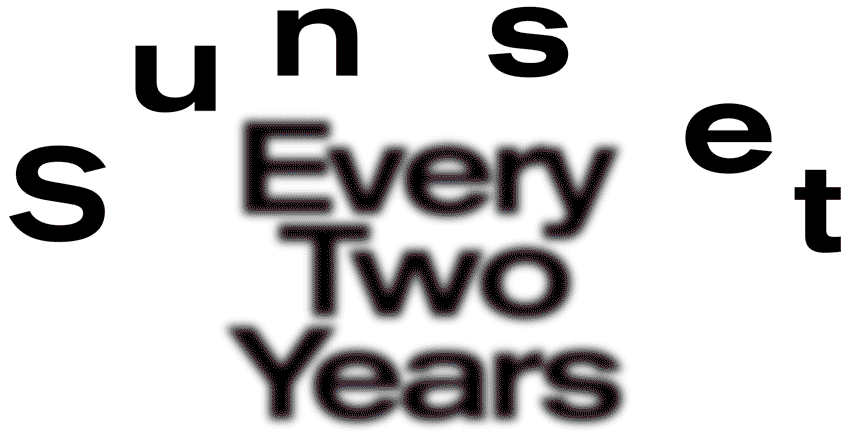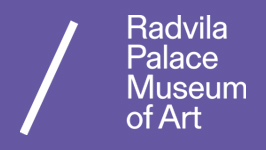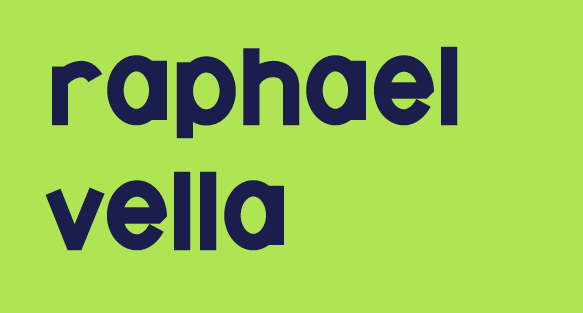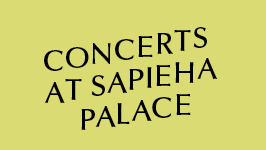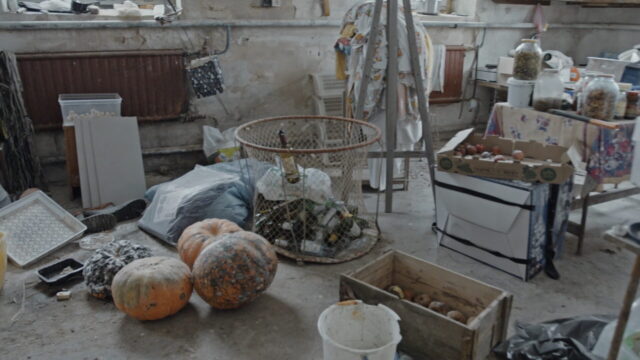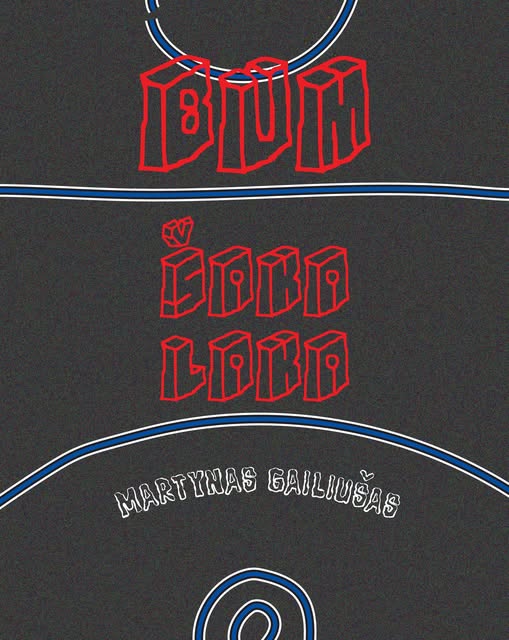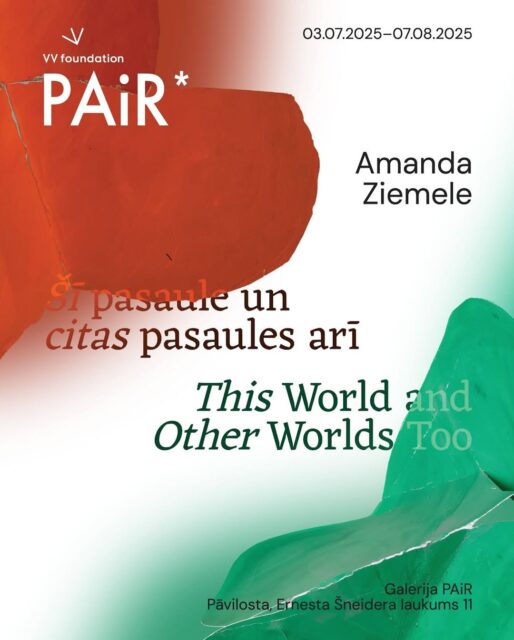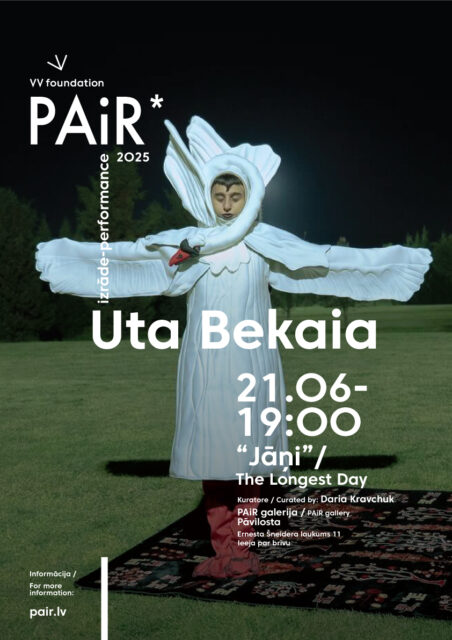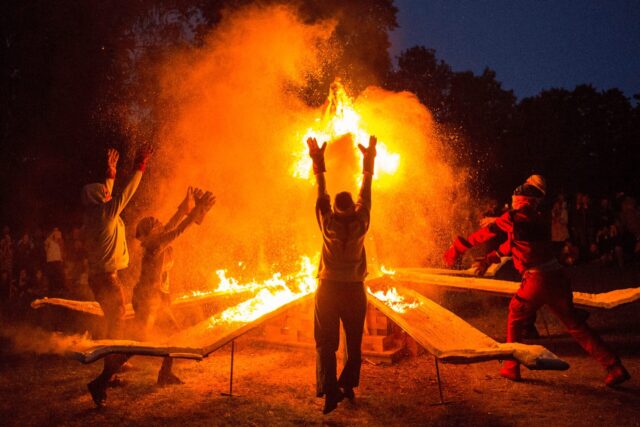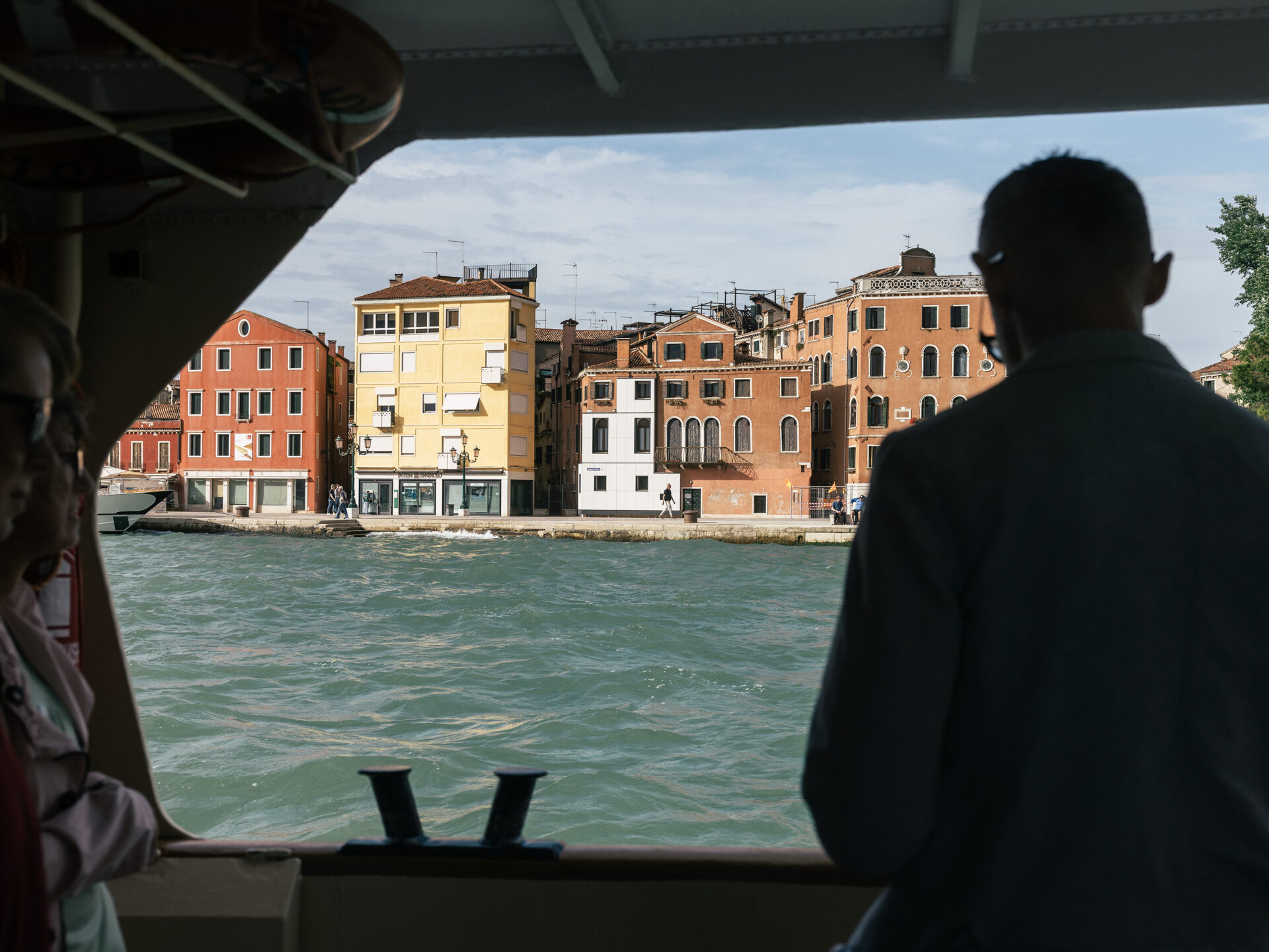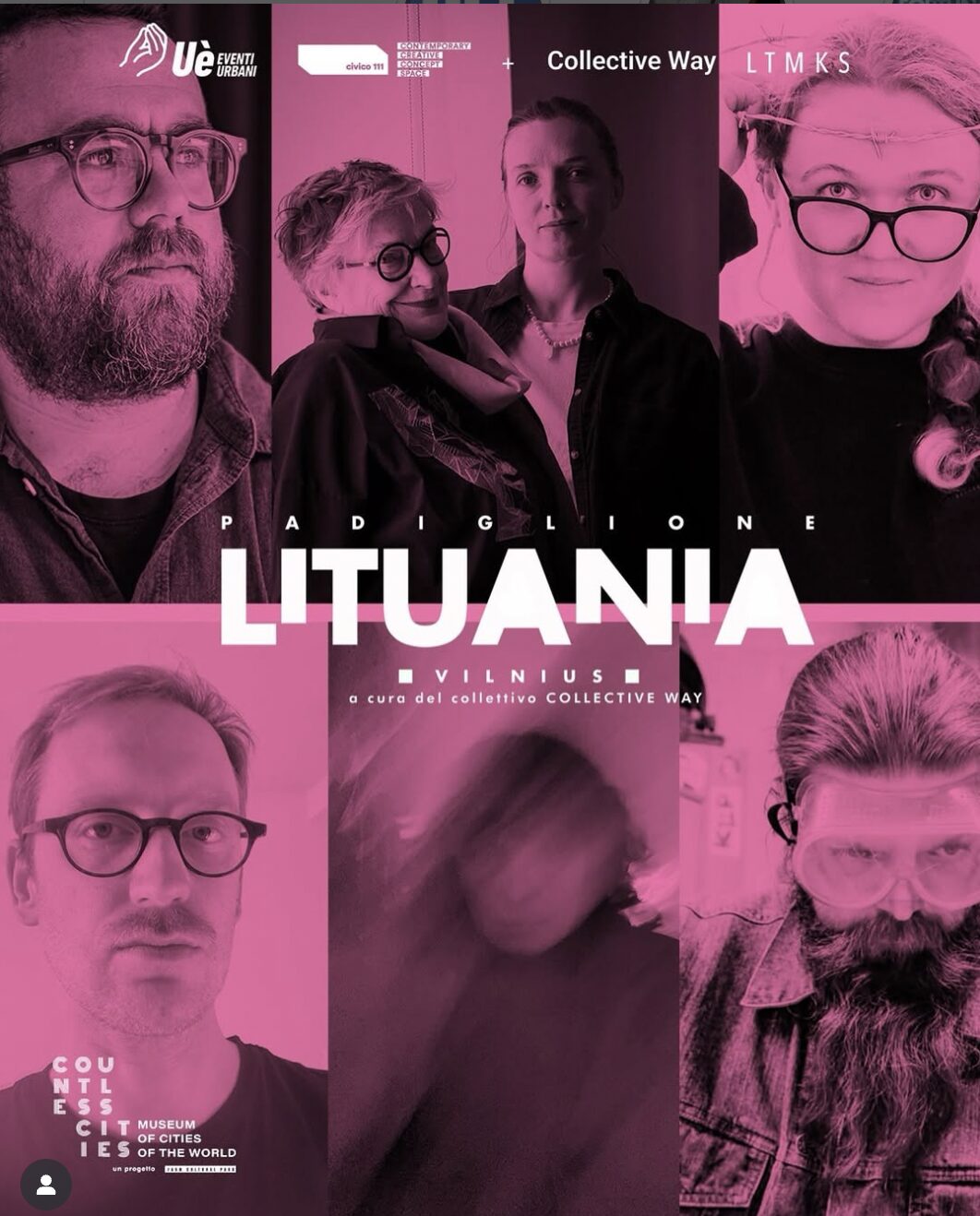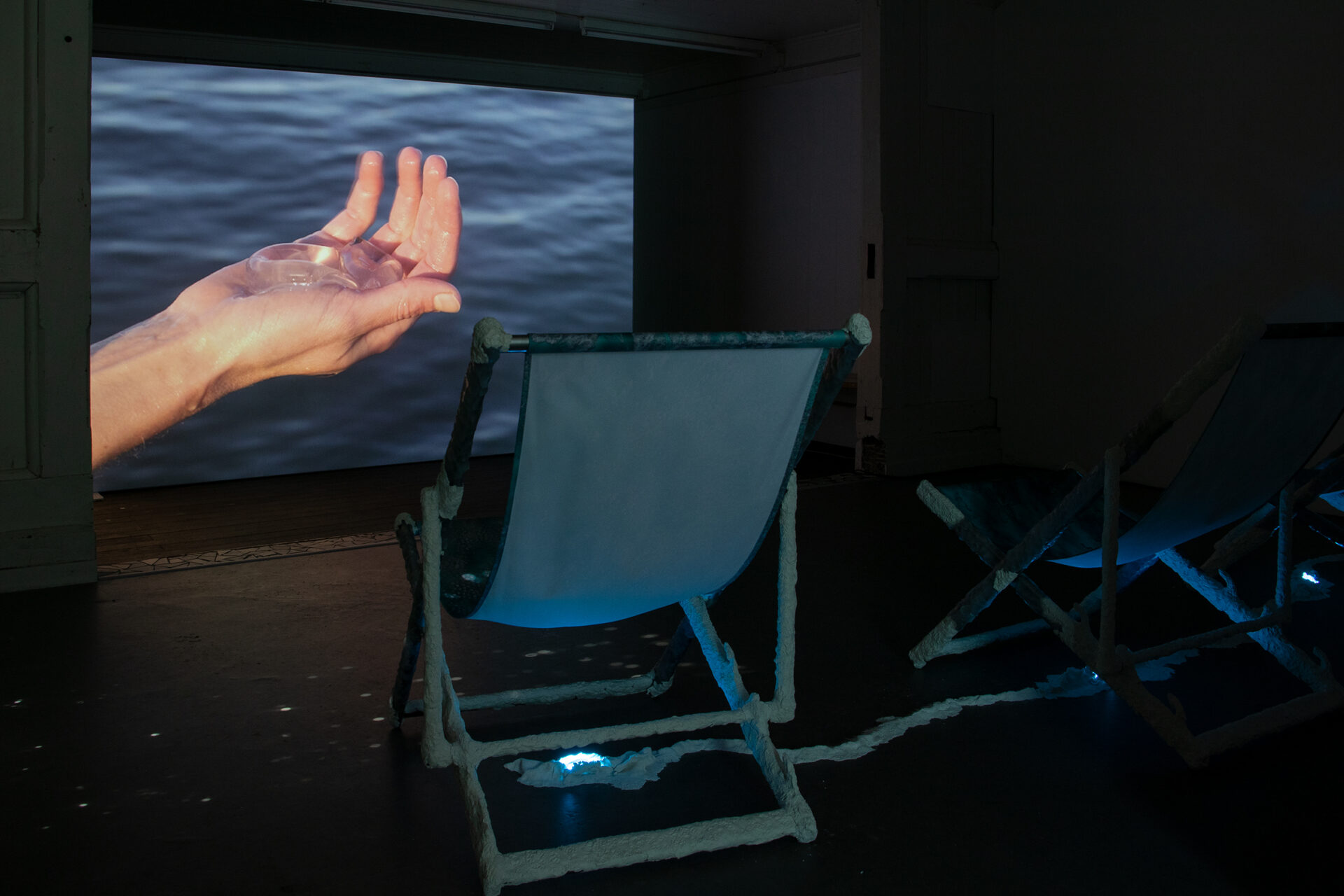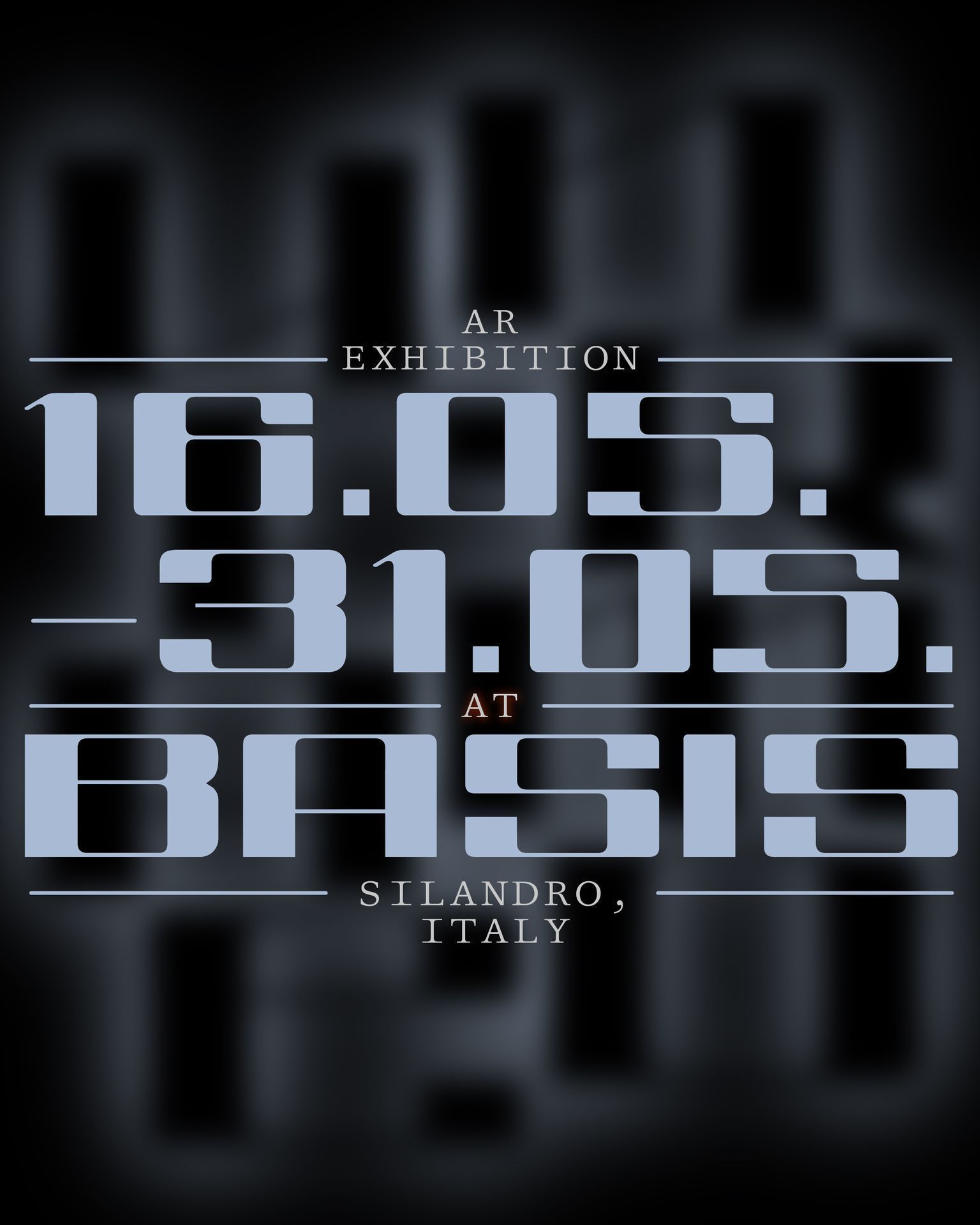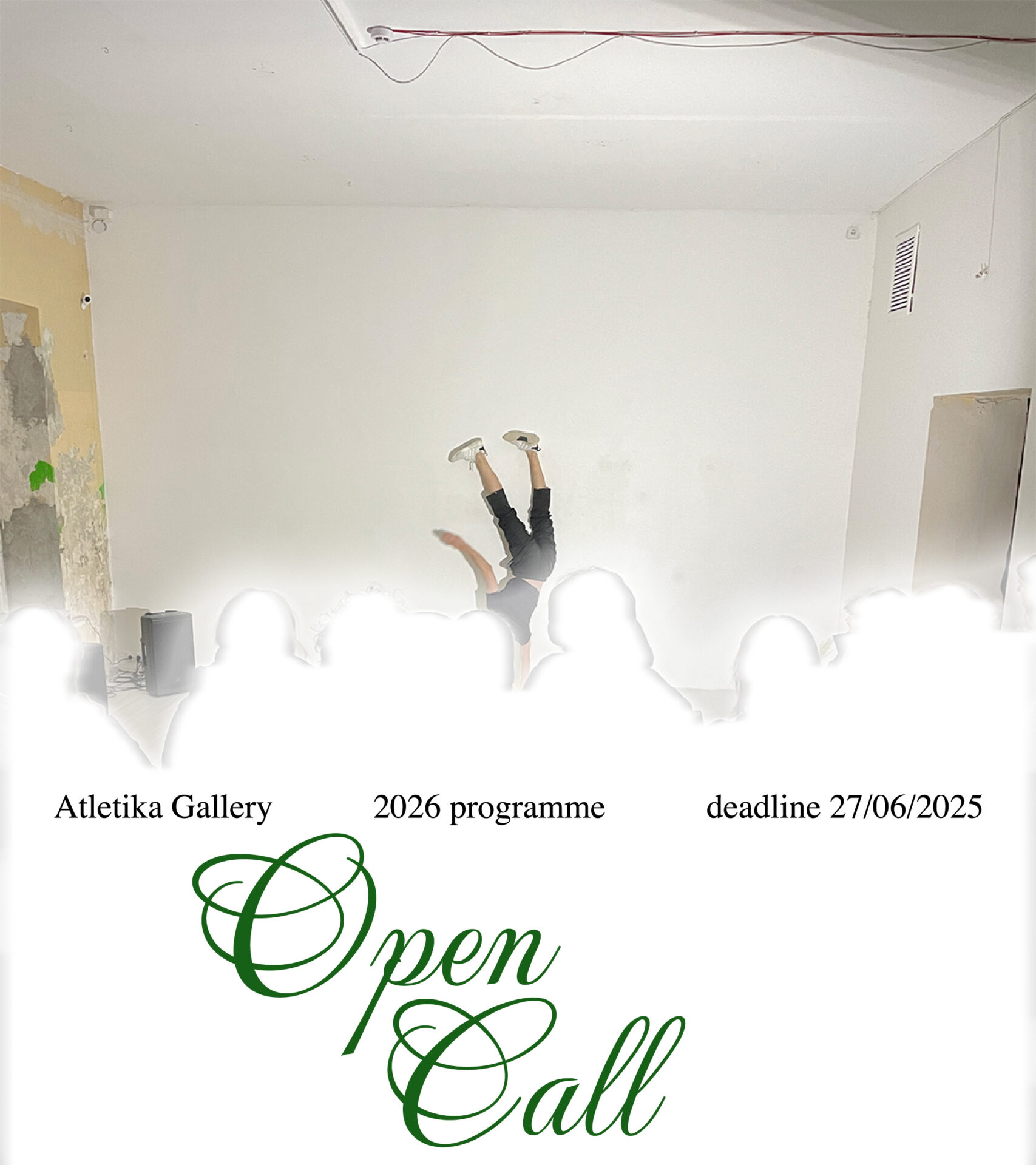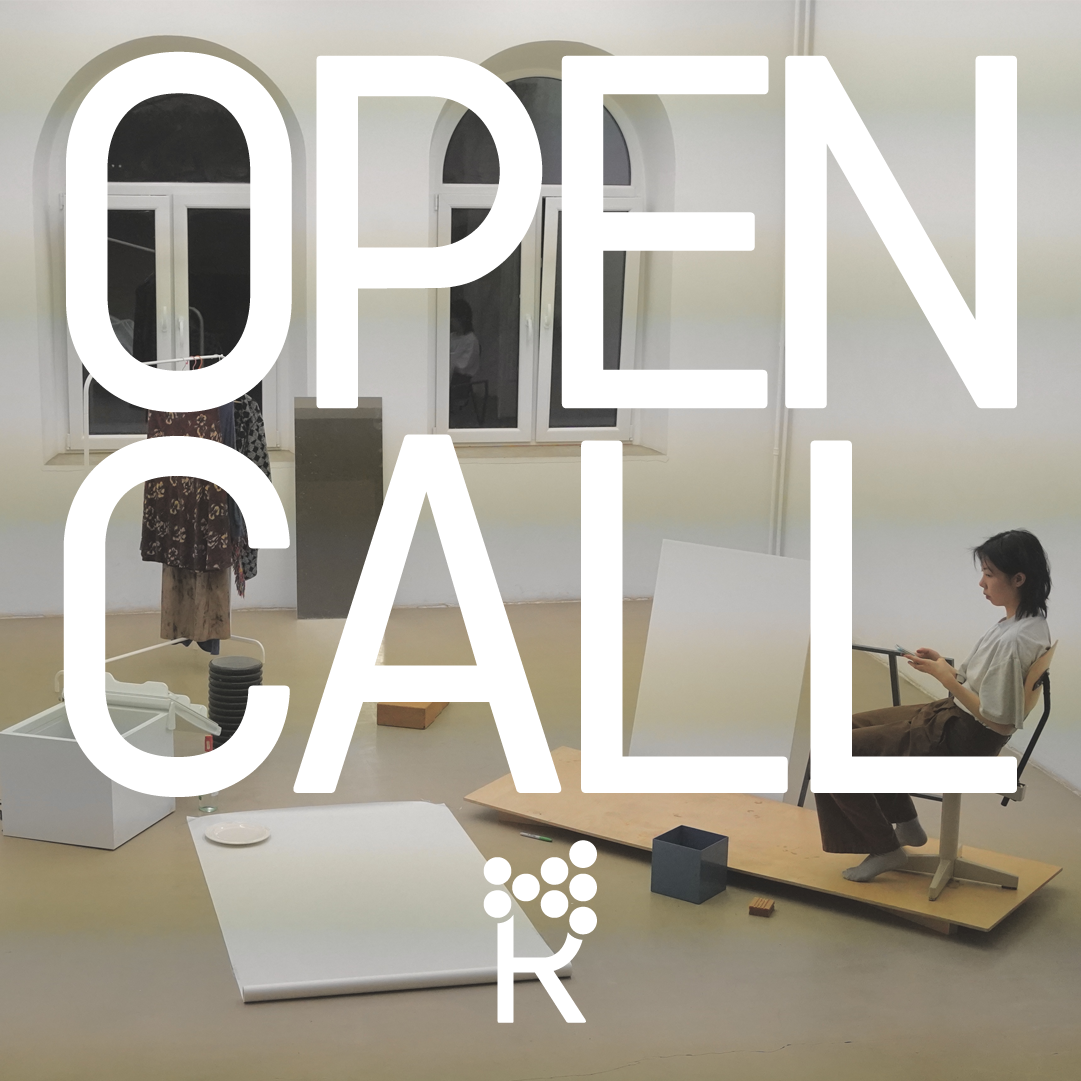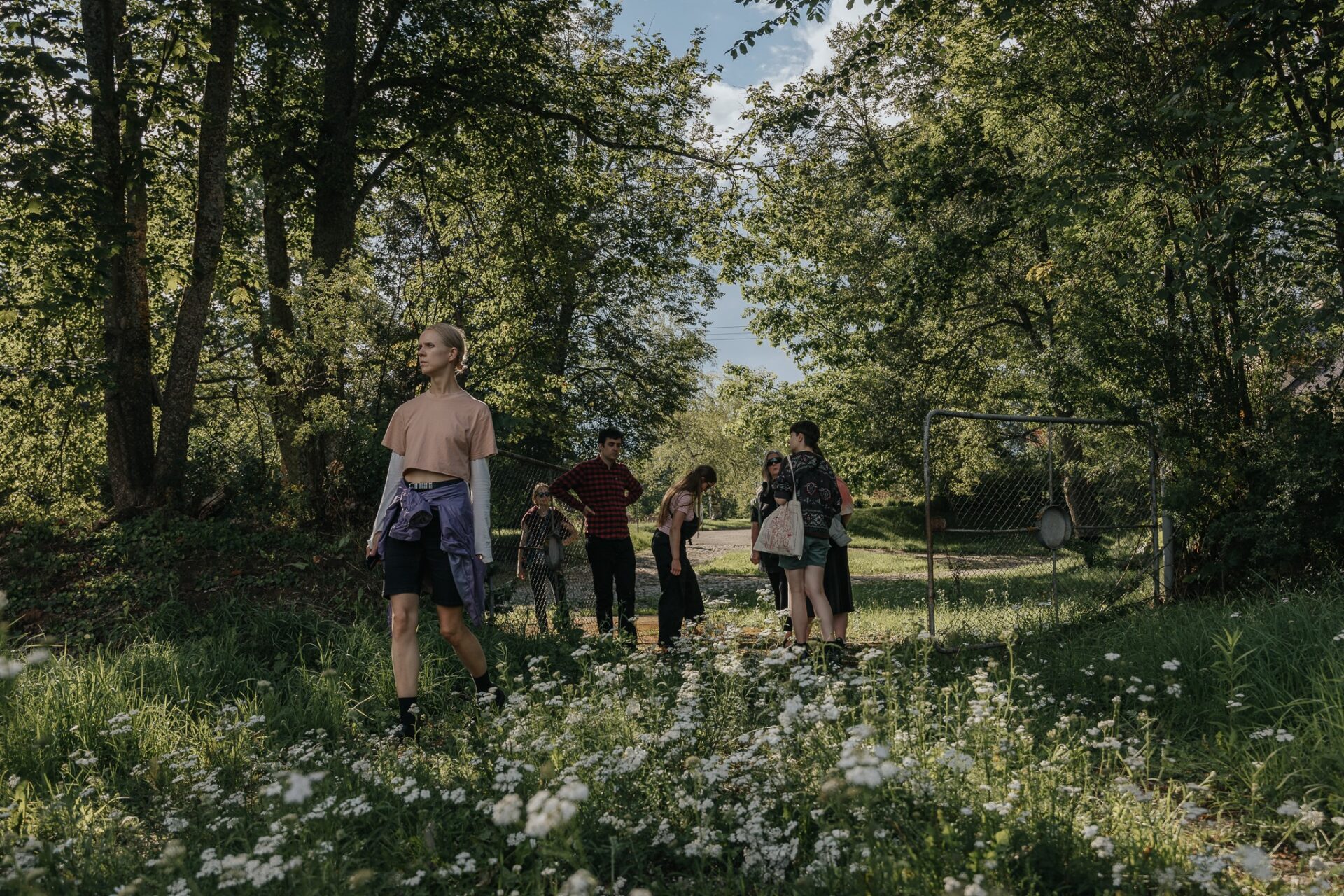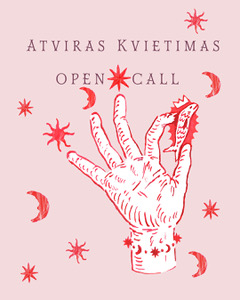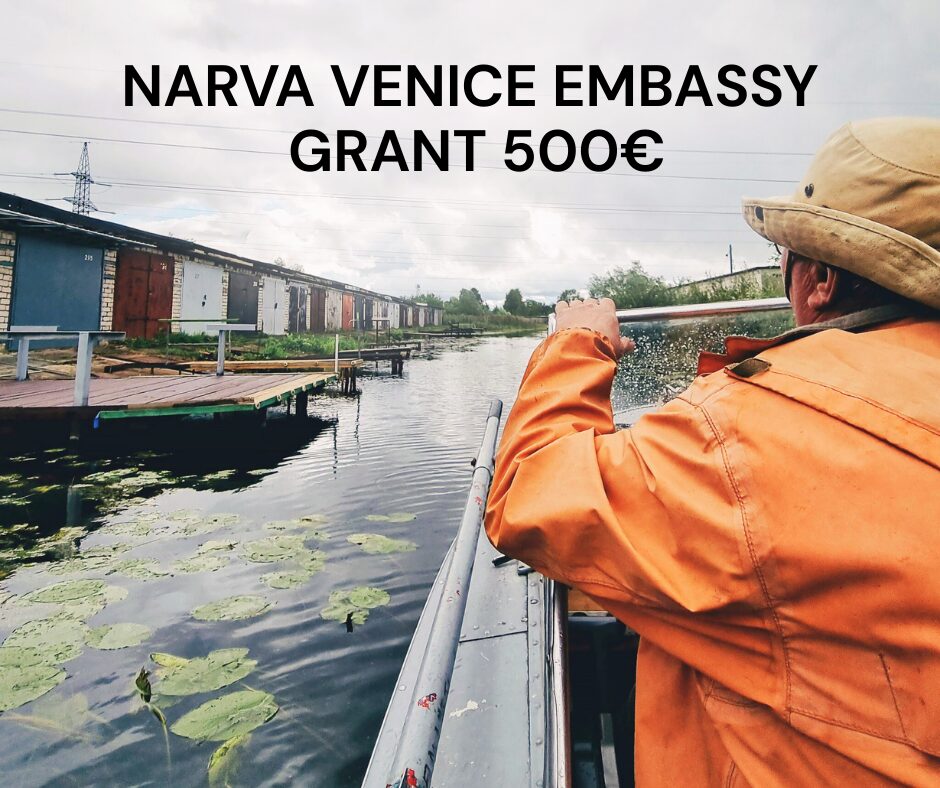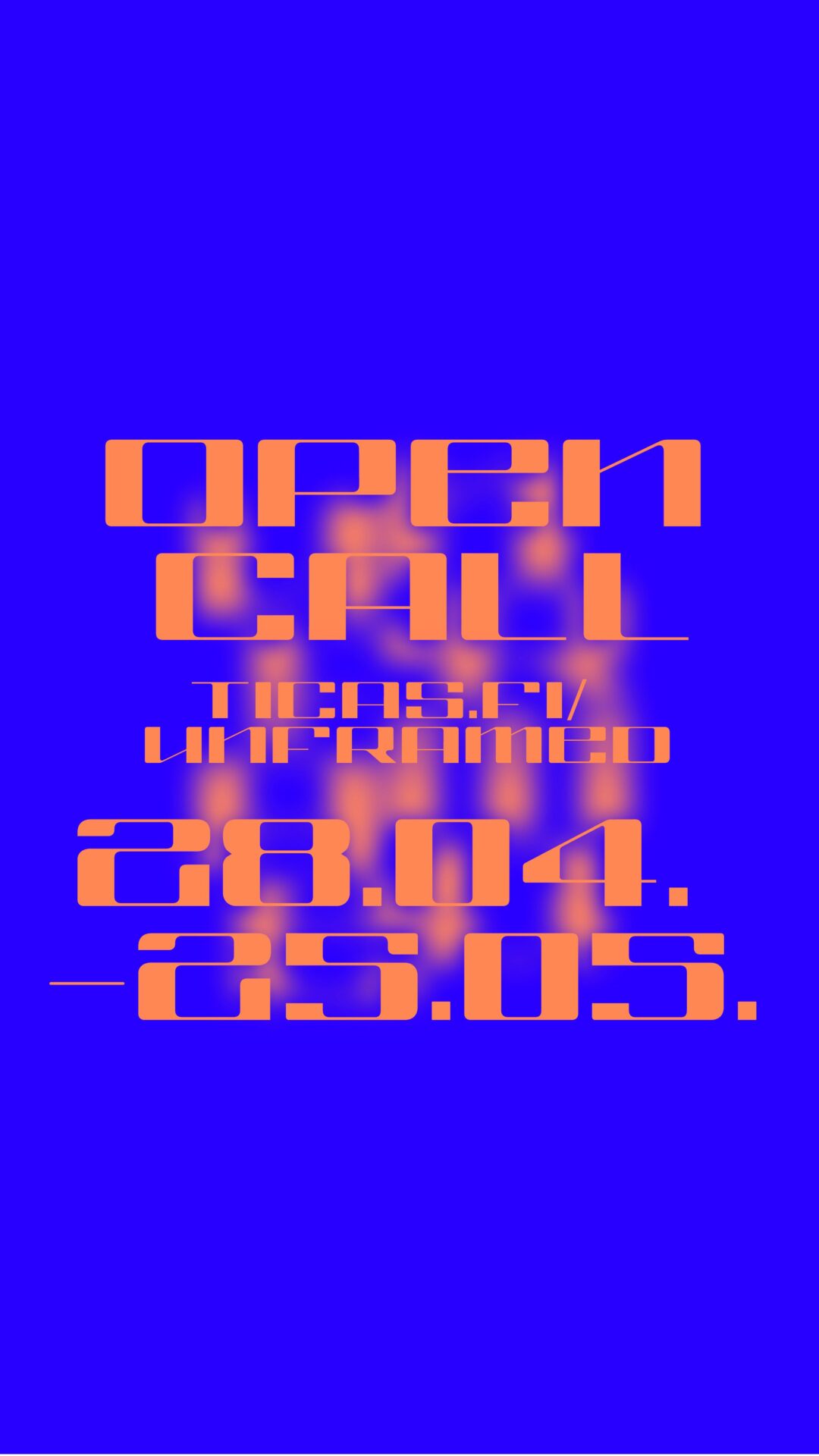The exhibition “Stones and Bodies: Connecting with Ivan Aguéli’s Art through Remembrance of Gotland” by Marija Griniuk opens with a 15-minute performance, “Performative Gestures of The Archive Renarration,” on 2nd November 2024 at 1 PM at Aguélimuseet, Sala, Sweden. Guest artists Rait Rosin (EE), Kaspar Aus (EE), and Greta Balčiūnaitė (LT) join Griniuk in this exploration, supported by the Nordisk Kulturfond.
Aguélimuseet will present Stones and Bodies: Connecting with Ivan Aguéli’s Art through Remembrance of Gotland, an exhibition by Lithuanian artist and researcher Marija Griniuk. The exhibition will be on display from November 2 to 18, 2024. In this project, Griniuk delves into the artistic legacy of Ivan Aguéli by examining his personal connection to the island of Gotland. “Early on in our communication, Marija expressed a strong interest in Aguélimuseet’s digital archive, which includes letters written by Aguéli, newspaper articles, and his paintings.” states Johanna Sims, Curator at Aguélimuseet.
Griniuk’s journey with Aguéli’s work began with an investigation into his time on Gotland, drawing insights from his letters, paintings, and postcards. Through this study, she explores how the island’s landscape and unique environment may have influenced Aguéli’s artistic vision. This personal reflection resonates with her own connection to Gotland, which began in 2021 during her residency and solo exhibition at Körsbärsgården.
Though Lithuania and Gotland are separated by only 450 kilometers, Griniuk’s experience of traveling between the two places felt much longer due to challenging transport connections. This sense of distance—both physical and creative—underpins the themes of her exhibition, which includes paintings, drawings and installation works.
Marija Griniuk is an artist, curator, and researcher. Currently a postdoctoral researcher at Vilnius Academy of Arts in Lithuania, she also serves as the director of the Sami Center for Contemporary Art in Norway. Griniuk’s research focuses on the possibilities of documenting performance art using biometric data, such as brain activity, which is typically invisible to the audience. Her artistic practice spans visual arts and performance, with a particular focus on postmemory and post-colonial memory in the Lithuanian context. In her curatorial work, Griniuk explores themes of politically charged art, especially within Indigenous and Baltic communities, and the concept of pluriversal curating.
The public is invited to explore this reflective exhibition that bridges past and present, art and memory, through Griniuk’s artistic work. The project is supported by Aguelimuseet, IASPIS – the Swedish Arts Grants Committee’s international program for visual and applied arts, Frame Contemporary Art Finland, and Resurscentrum för konst Västmanland.
